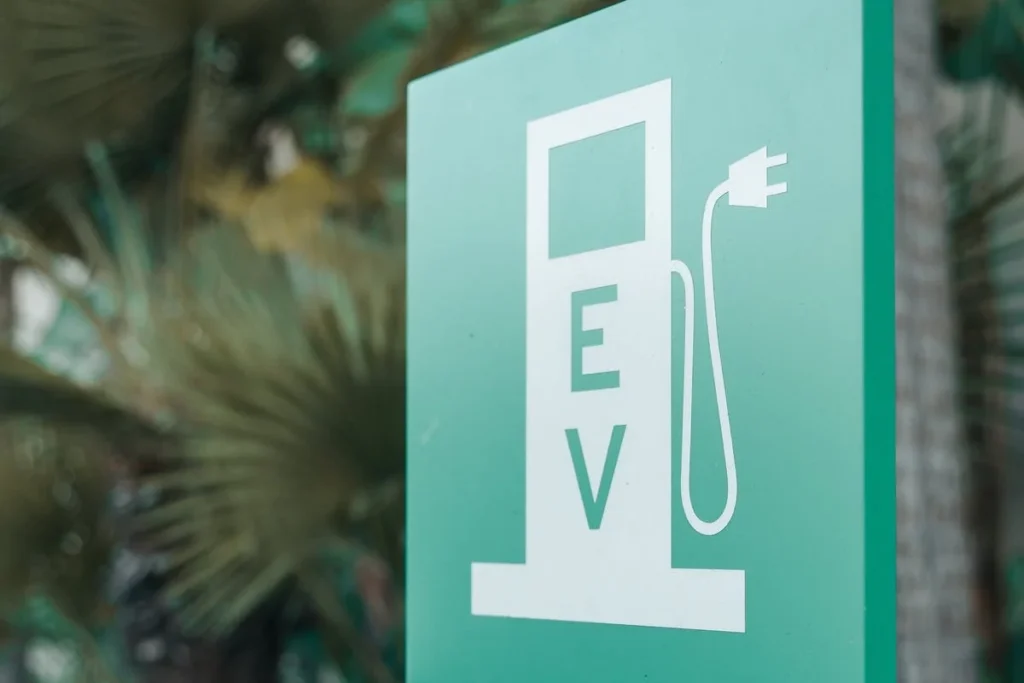Karnataka Proposes Tax Exemptions for Hybrid Cars and Boosts Incentives for Electric Vehicles

Karnataka Targets Increased Adoption of EVs, Hybrids, and Hydrogen Vehicles with New Tax Policies
Karnataka, one of India’s leading states in electric vehicle (EV) adoption, is planning a series of tax cuts and financial incentives to accelerate the transition to clean mobility. According to a draft state government document, the new policies would particularly benefit companies in the hybrid car sector, including global automotive giant Toyota, which has been actively pushing for tax reforms that favor hybrid vehicles. These moves aim to expand the clean mobility options available in the state, which is already a hub for technological innovation.
Historically, India has focused on providing exemptions and subsidies for electric vehicles, with the aim of reducing emissions and encouraging EV adoption across the country. However, Karnataka’s latest plans signify a shift towards a more inclusive strategy that also favors hybrid cars, making it the second state after Uttar Pradesh to provide substantial tax breaks for these vehicles. Hybrid cars, which use a combination of electric and internal combustion engines, are seen as a more practical option for certain markets where pure EV infrastructure is still developing.
Under the proposed policy changes, hybrid cars priced under $30,000 (roughly Rs. 25 lakh) would see a reduction in road tax and registration fees. The current tax rate of 13 to 18 percent could be slashed, making hybrid vehicles more accessible to the general public. This development is expected to be a major boost for companies like Toyota, which has invested heavily in hybrid technology and has been lobbying New Delhi for favorable tax policies to drive sales in this segment.

Karnataka’s initiative comes at a time when the state is positioning itself as a leader in clean energy and sustainable transportation. It ranks third in the country for electric vehicle sales, and these new measures are likely to further bolster its reputation as a forward-thinking region in terms of environmental policy. In addition to hybrids, the state’s clean mobility strategy also includes financial incentives for electric and hydrogen-based vehicles, with the ultimate goal of reducing reliance on fossil fuels.
The new tax policies are expected to not only benefit manufacturers but also create a ripple effect in the automotive supply chain, including battery makers, charging station providers, and software companies focused on vehicle technologies. With Bengaluru being a major tech hub, the state could attract more investments in smart vehicle technologies, positioning it as a key player in India’s clean mobility landscape.
As the details of Karnataka’s tax policies and incentives are fine-tuned, the state is expected to set an example for other regions in India that are looking to balance EV and hybrid adoption. The success of these measures could provide a blueprint for the future of transportation policy in the country.





















